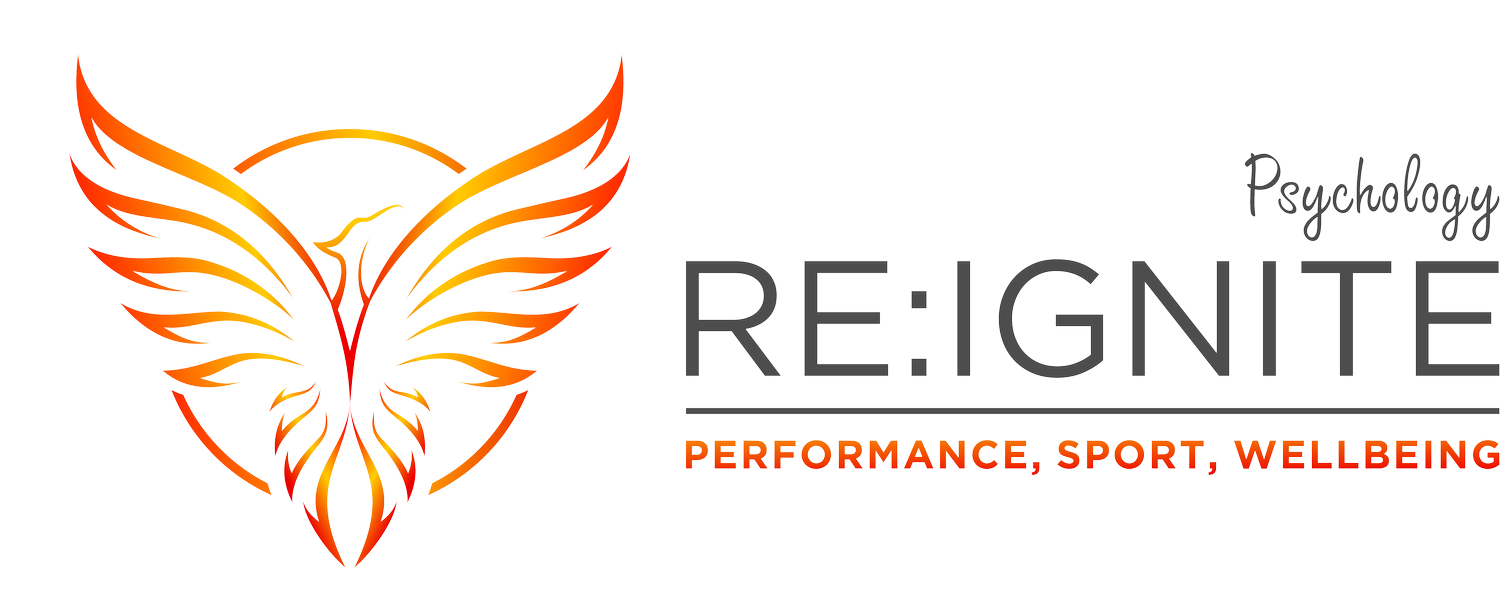
Are you ready to break the invicible barrier?
Performer Performance.
Do you wish that you can finish the book that you have started?
Do you wish to join the audition, but you can’t make the first move?
Have you heard yourself saying, “Everyone is waiting for you to make a mistake”?
Have you woken up and wondered, “Why did I even start?”
“Why do I feel like an impostor?”
Have you experienced feeling stuck? Can’t break the invincible ceiling?
Have you heard the saying, “More ideas go to the grave rather than be realized”?
Or have you read or heard the news of performance anxiety suffered by comedians, actors or dancers, professional and non-professional alike?
While the idea of mental toughness, mental strength and resilience is quite common among athletes, it is still seen as uncommon in non-sport individuals, such as writers, performers, etc.
Many celebrities came out about their struggles with emotions and pressure to perform, including Ryan Reynolds, Britney Spears, and Anne Rice. A study conducted by The University of Sydney (2015) of 782 actors showed a quarter have experienced ‘debilitating performance anxiety’ at some point in their career and many have relied on alcohol and drugs to cope with the pressure and burden of their roles. While some experienced the breakdown, some managed it well. So, probably the important question is,” WHAT can we do to manage it?”
Some practical skills that might be helpful to manage emotions are:
Self-Talk & Positive Affirmation. Research has found that self-talk and positive affirmation can alter the brain function connected to performing cognitive performance (Junhyung et al., 2021) and assist in a variety of higher mental functioning, such as focus attention (Geurts, 2017). So, find the affirmation that suits you and intentionally repeated it. It might be tough in the beginning, but practice makes perfect.
Visualisation. Studies have found that visualisation has shown an increase in performance (Predoiu, 2020). Visualise what you want to achieve and how you achieve that. Visualise how you want the audience to see you. Feel the emotions and the process, and see how it will turn out for you.
Focus on the PRESENT. As the saying goes, “Past has long gone, Future has yet to come, so we left with Present.” Focus on the NOW. Mindfulness practices such as focusing on your senses can help you be in the present moment.
Jot it down. Journal your experiences. It can be down by writing or choosing an image to represent the experiences. Besides helping to release the emotions, it helps to discover the cause of the anxiety.
Seek Inspiration. Don’t be ashamed. Many others have managed to break the mental block. Learn from their experiences. Find the experiences that suit your style, and try them out.
Take a break. Recharge! Do something enjoyable, connect with others, and connect with yourself.
Get some support. Remember that you are not alone. It’s OK not to be OK, so it’s fine to accept help from trusted family and friends.
If the block seems so thick and the overwhelming feeling continues, you might want to talk to a professional (counsellor, psychologist, or psychotherapist). They might be able to help you better in managing the stuckness and give you some clarity.
Source:
Geurts, B. Making Sense of Self Talk. (2018). Rev.Phil.Psych. 9, 271–285. https://doi.org/10.1007/s13164-017-0375-y
Junhyung, K., Kwon, J. H., Kim, J., & Kim, E. J., Kim, H., Sunghyon, K., & Kim, J. (2021). The effects of positive or negative self-talk on the alteration of brain functional connectivity by performing cognitive tasks. Scientific Reports. 11(1). DOI:10.1038/s41598-021-94328-9.
Predoiu, R., Predoiu, A., Mitrache, G., Firanescu, M., Cosma, G., & Dinuta, G. (2020). Visualisation techniques in sport – the mental road Map for success. Physical Education, Sport and Kinetotherapy Journal, 59(3), 245-256. https://doi.org/10.35189/dpeskj.2020.59.3.4
The University of Sydney. (2015, September 14). Demands of acting hurting mental health. https://www.sydney.edu.au/news-opinion/news/2015/09/14/demands-of-acting-hurting-performers--mental-health.html#.Yv8Ne2bqjGE.gmail
* Mental Toughness is a personality trait that determines your ability to perform consistently under stress and pressure and is closely related to qualities such as character, resilience, grit and perseverance (Mental Toughness Partners, 2023)
You have the CHOICE.
There is no right or wrong.
Be courageous!
Make the choice that you will not regret many years ahead.
NEED TO CHAT?
Schedule a free 30-minute chat with me to get your answer.
We'll work out if we are a good fit for each other.
Free Resources
Knowledge is valuable!
Find the books, websites, videos/movies, and podcasts that might be relevant to you!
Free Insight
You’re welcome to benefit from what we know and practice. Share and grow together!
Gallery
Get a glance at our wall of empowerment!
For more, join me on Instagram @desieree.m






